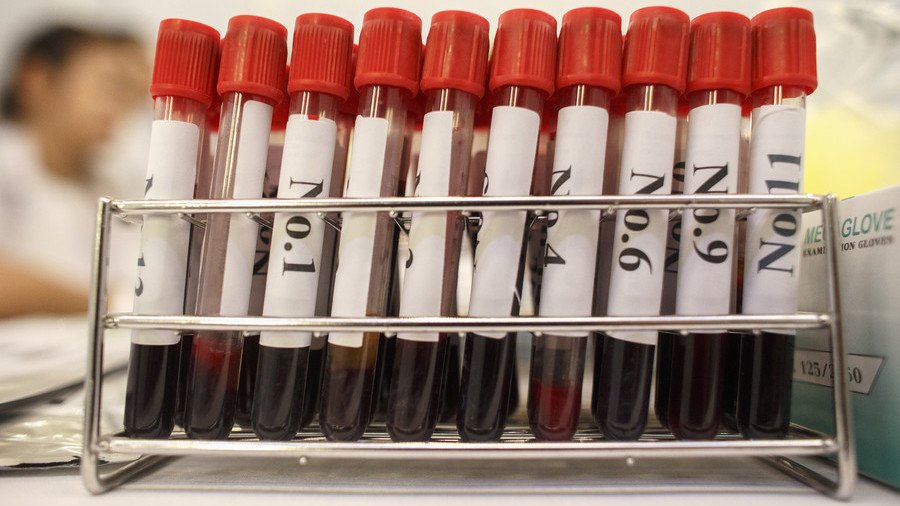Scientists have developed a new way of studying cells infected with the HIV virus, raising hopes that an elusive cure might be found.
According to researchers at Rockefeller University in New York, a new strategy could enable scientists to identify latent cells carrying the virus in patients.
Published in Nature Medicine, the method involves the use of protein to enrich reactivated latent T cells producing HIV material in the blood.
Silver Bullet
With more than 36 million people suffering with HIV globally, a ‘silver bullet’ cure for the immune system-corroding virus remains elusive. Tests on macaques, a species of monkey, have now provided hope that a vaccine can be found.
In 2016, the US National Institute of Allergy and Infectious Diseases in Maryland revealed that a single antibody injection targeting HIV had protected test monkeys from the disease for up to six months.
The antibodies were reportedly developed from a human infected with the virus.
Expert opinion
Experts agree that, while positive steps have been made, tackling the infection is an uphill struggle, given the complexity of HIV. In the future, there may have to be multiple vaccinations produced to cover different strains of the virus.
“HIV is a highly mutable virus, and has many identified subtypes,” Dr Bridget Haire, President of the Australian Federation of AIDS Organisations, told RT.com. “It mutates so much that the HIV in a given individual is slightly different to that in another. It’s not known whether one vaccine could protect against all variants.”
HIV Deniers
Asked about the effect that people who deny the existence of the virus have on sufferers, Dr Haire said: “HIV deniers have had an impact on the fight against HIV at various points in history. Of particular note, under President Mbeki in South Africa, the South African government was under the influence of HIV denial, and this delayed the introduction of life-saving treatment and prevention programs.”
A complex virus
“There are many reasons why a vaccine has not been developed,” said Dr Julie Fox of the British HIV Association. “Firstly, the virus itself is complex: the virus has enormous genetic diversity, it can mutate to evade the immune system, and those infected can become infected with more than one strain of the HIV virus over time.
“As a result, it is still not known what constitutes a successful immune response to HIV.”
“Stigma is a major barrier to the development of HIV prevention strategies, to encouraging people to test for HIV, and to aid high-risk people to come forward for help.”
Hope for the future
With a vaccination appearing some way off, Sharon R Lewin, a professor of medicine at the University of Melbourne, believes that scientists could one day find a solution in a single vaccine, one that could be suitable for mass-inoculation.
“I think this will be possible – even if the virus mutates. The way to do this is by targeting parts of the virus that the virus needs to survive,” she said. A vaccine might also be possible by targeting different arms of the immune system at the same time, to create a powerful immune response.
Think your friends would be interested? Share this story!

